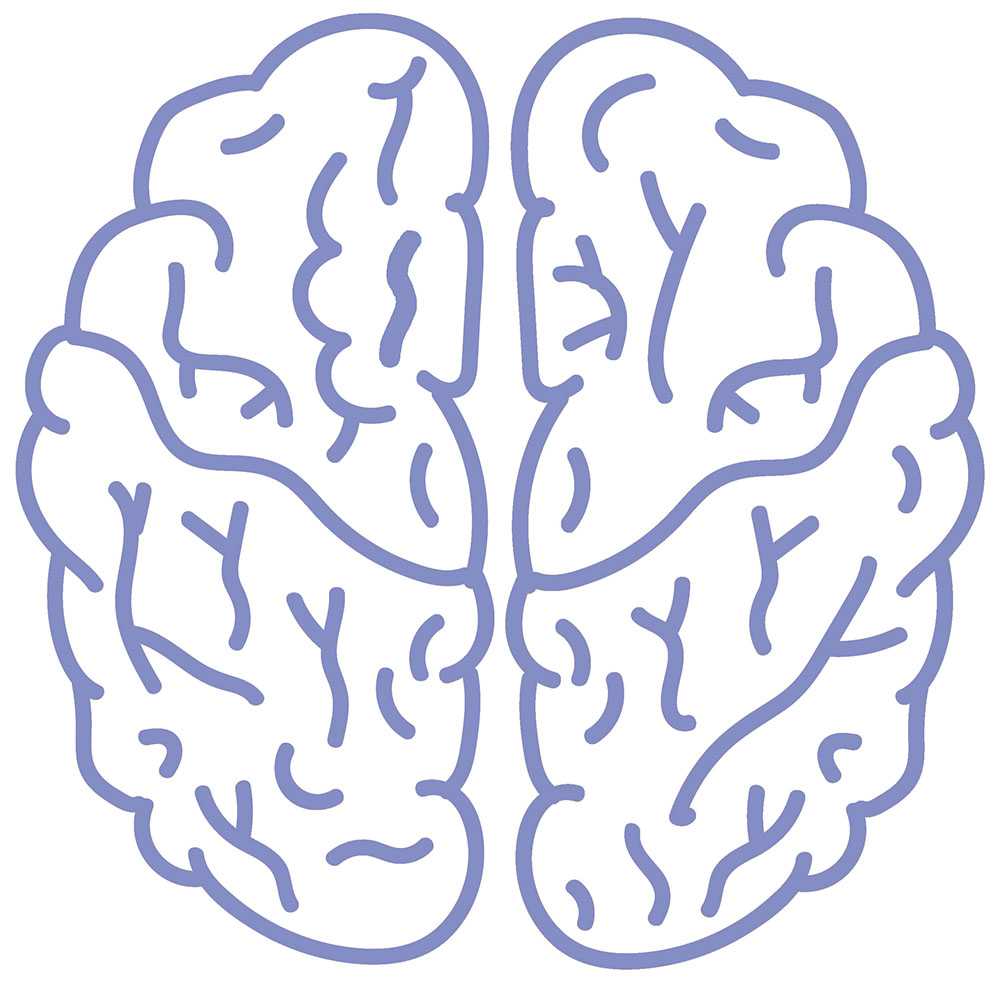To most, a lecture may not sound like the most interesting thing. But one on food and the misunderstood influence it has on our lives intrigued me. So when Dr. Tara Swart, a neurologist, life coach and medical doctor, gave a speech about new research and neurological advancements in September, I found myself in the audience at Founders Factory U.K.
Swart focuses on educating people about nutrition and its connection to the mind, managing stress levels and having a healthy lifestyle. She has a PhD in neuroscience and a past career in medical psychiatry. Her talk about nutrition, where she addressed new research and advancements in the field of neurology, captivated me.
At first I expected to hear similar information to what I learned in health class: Try and have nine hours of sleep, stay hydrated and eat balanced meals. I had heard this advice countless times before and when listening to generic facts I find my attention span decreasing and the probability of implementing them into my own life quite slim.
But what Swart discussed was unlike anything I had ever heard before. I was able to understand the detailed reasoning behind her recommendations, allowing me to consider the real implications food has on the mind, not just the body.
Swart talked about the deep connection between food and the brain and its influences on daily behaviors. She explained that food not only is able to help with mental health, but also is a factor for the way we react to things. If one was to eat irregularly and go hungry between meals, they are more susceptible to accepting and acting on stereotypes. Individuals are also more likely to have stronger biases and have a decreased ability to be impartial in conversations if they are hungry or eat unhealthy foods.
Swart also stressed that food should be considered as fuel for the brain, as one third of what we eat is directly used to stimulate the brain. The type of food and quantity has a direct impact on the brain’s functions. In a sense the phrase “you are what you eat” is a reality.
To be able to have the brain working at maximum capacity, Swart emphasized the importance of having a snack between meals. Snacking every two hours allows the body to regulate emotions and understand information better. With this, I decided to apply some of her advice in my own life.
The first thing I tried was to eat a small and relatively healthy snack every two hours, such as a piece of fruit or some trail mix. Alongside the snacks I also ate breakfast, lunch and dinner. Within the first couple of hours into school I noticed a significant change in my performance. I was able to focus more in class and to understand the material I was learning better. I had a greater control over my emotions and the way I reacted to things just by eating every two hours.
The following day I tried to see what would happen without the snacking, and instead only ate three simple meals in the day. At around 11:15 a.m, I was already finding it increasingly more challenging to pay attention and to retain the information I learned in class. When I came home to do my homework, I noticed that it was not at the same quality as it had been after snacking, and it became incredibly easier for me to procrastinate. It was clear to me that my brain didn’t have the necessary fuel to sustain itself.
I realized that food has real implications in the way I act and behave. It’s not a matter of eating to be physically healthy, but eating to have the brain in shape as well.
To find out more about Swart and her research, visit http://www.taraswart.com/.
Written by Culture Editor Phaedra Letrou








